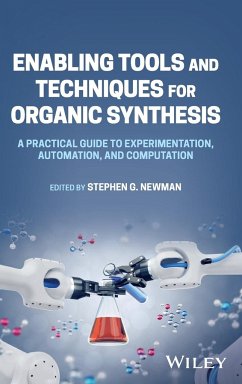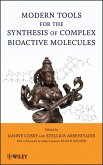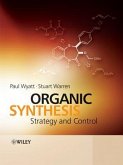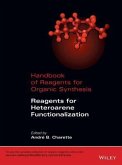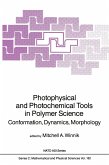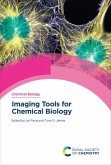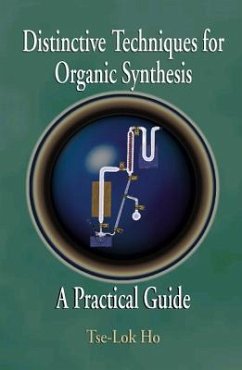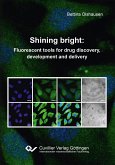Provides the practical knowledge of how new technologies impact organic synthesis, enabling the reader to understand literature, evaluate different techniques, and solve synthetic challenges In recent years, new technologies have impacted organic chemistry to the point that they are no longer the sole domain of dedicated specialists. Computational chemistry, for example, can now be used by organic chemists to help predict outcomes, understand selectivity, and decipher mechanisms. To be prepared to solve various synthetic problems, it is increasingly important for chemists to familiarize themselves with a range of current and emerging tools and techniques. Enabling Tools and Techniques for Organic Synthesis: A Practical Guide to Experimentation, Automation, and Computation provides a broad overview of contemporary research and new technologies applied to organic synthesis. Detailed chapters, written by a team of experts from academia and industry, describe different state-of-the-art techniques such as computer-assisted retrosynthesis, spectroscopy prediction with computational chemistry, high throughput experimentation for reaction screening, and optimization using Design of Experiments (DoE). Emphasizing real-world practicality, the book includes chapters on programming for synthetic chemists, machine learning (ML) in chemical synthesis, concepts and applications of computational chemistry, and more. * Highlights the most recent methods in organic synthesis and describes how to employ these techniques in a reader's own research * Familiarizes readers with the application of computational chemistry and automation technology in organic synthesis * Introduces synthetic chemists to electrochemistry, photochemistry, and flow chemistry * Helps readers comprehend the literature, assess the strengths and limitations of each technique, and apply those tools to solve synthetic challenges * Provides case studies and guided examples with graphical illustrations in each chapter Enabling Tools and Techniques for Organic Synthesis: A Practical Guide to Experimentation, Automation, and Computation is an invaluable reference for scientists needing an up-to-date introduction to new tools, graduate students wanting to expand their organic chemistry skills, and instructors teaching courses in advanced techniques for organic synthesis.
Hinweis: Dieser Artikel kann nur an eine deutsche Lieferadresse ausgeliefert werden.
Hinweis: Dieser Artikel kann nur an eine deutsche Lieferadresse ausgeliefert werden.

